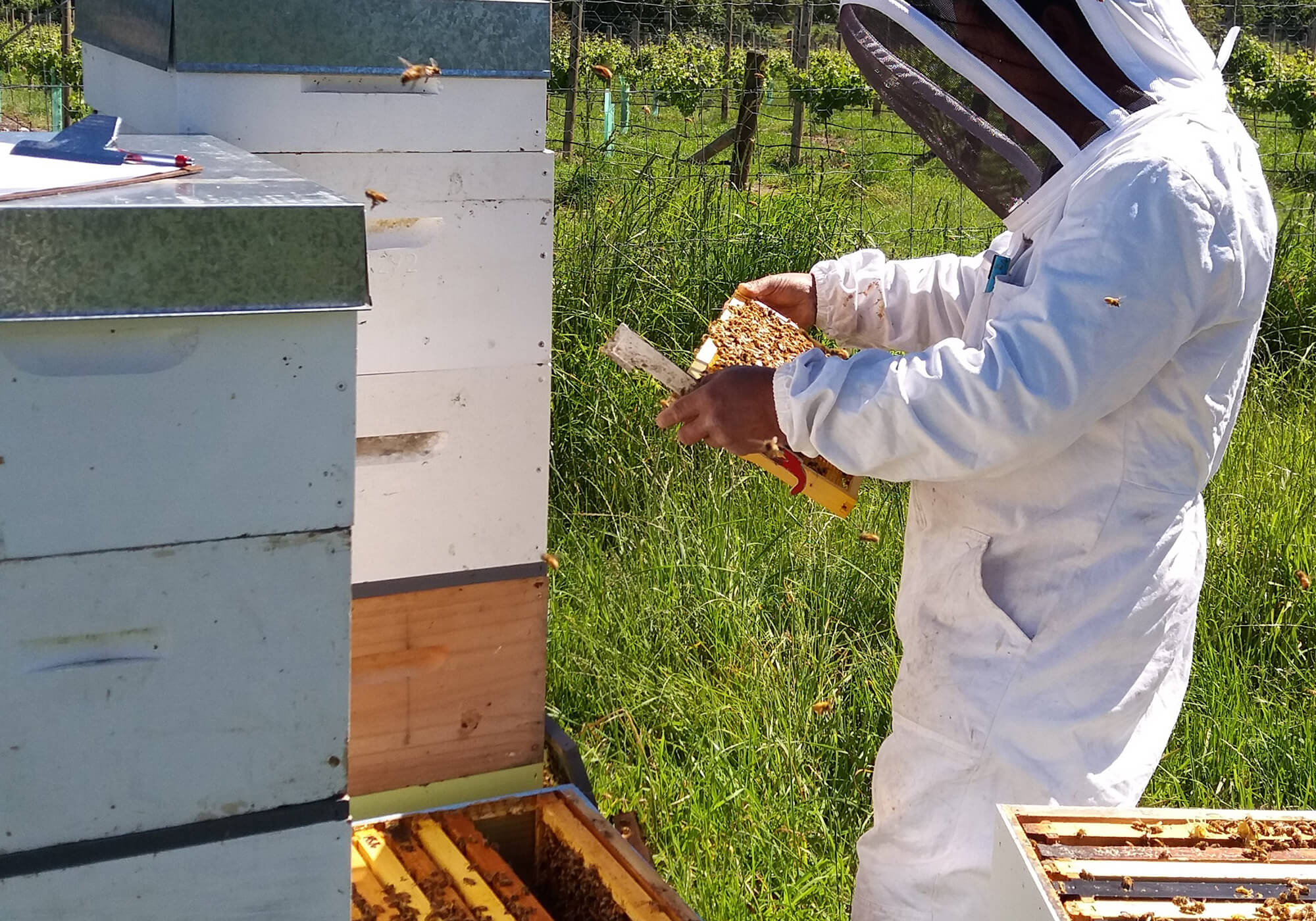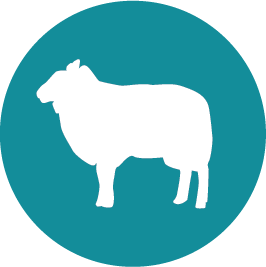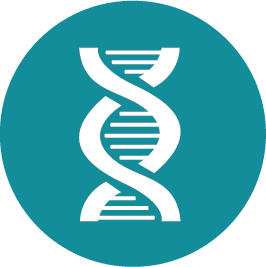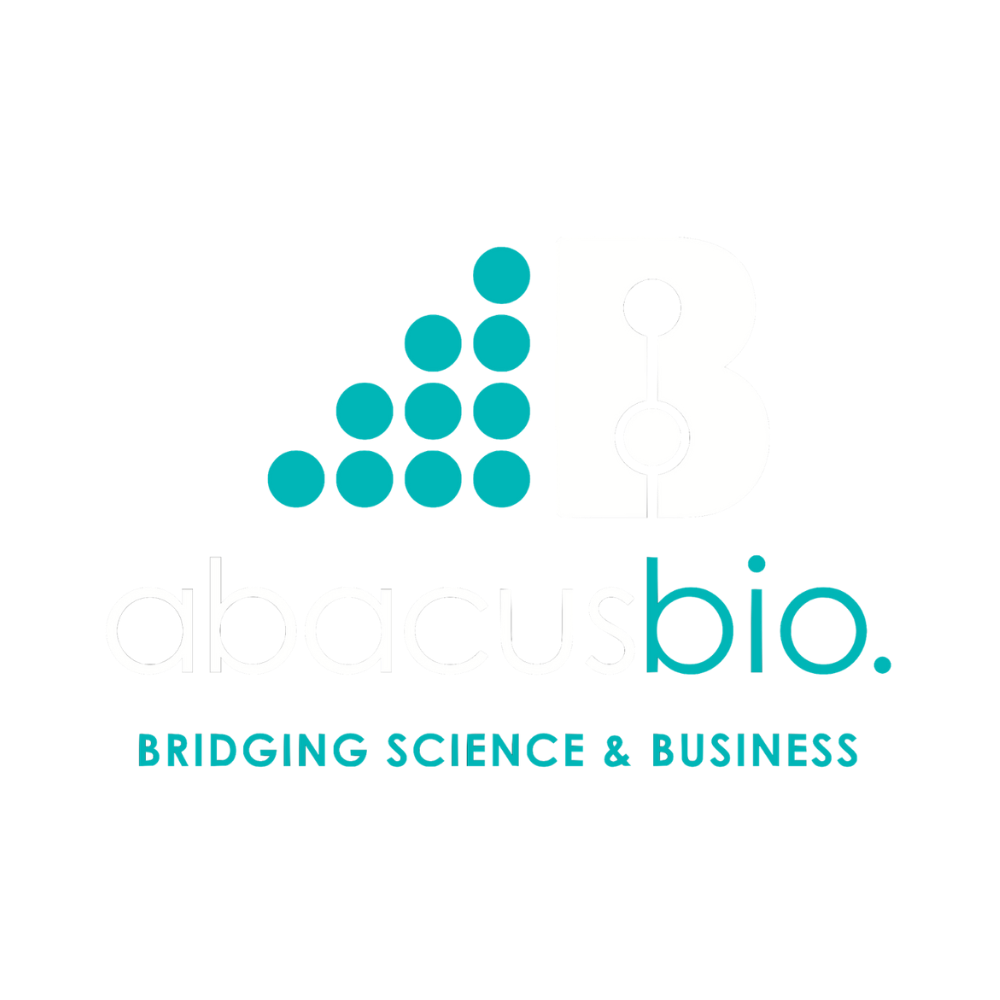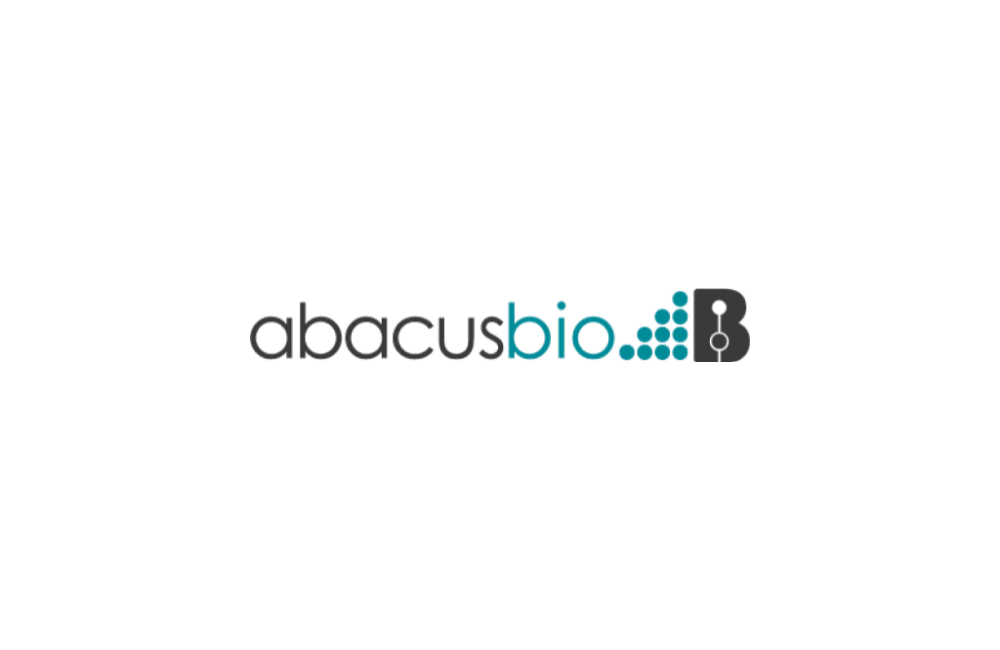The New Zealand beekeeping industry is unique in the world, thriving while others are struggling with honeybee health issues, climate change and pesticide residues.
AbacusBio is part of Futurebees NZ, a five-year research programme with the University of Otago to “Develop and applying next generation genomic selection to rapidly improve honeybee performance”.
Building on the work done by AbacusBio consultant Gertje Petersen, this program will allow New Zealand’s beekeepers to step up to the same plane of genetic improvement present in other livestock industries.
Gertje Petersen has been with AbacusBio since 2013 and has previously worked on a honeybee breeding PhD project with the University of Otago and the Taylor Pass Honey Company in Marlborough. She says that the grant from the Ministry for Business, Innovation and Employment is a huge step towards a nationally sustainable honeybee breeding strategy.
“We are incredibly lucky to have a strong and dynamic industry that is eager to evolve and work with us, and not sit out change.”
So far, the work done by AbacusBio in the honeybee breeding sector has been focused on getting the highest impact out of elite queens in a commercial environment. Honey producers commonly buy queens bred by elite queen breeders and multiply these by using their daughters as production queens.
Over the past two years, tools have been under development to understand the traits, and improve the population, health, and viability of these bees, and to generate genotypes for queens of interest.
“We still need to get a handle on what happens on the ‘stud level’, how the elite queens themselves are selected and bred“, Gertje says.
“We have this incredible wealth of knowledge and experience that we gathered in working with other livestock species, we just need to figure out how to transfer it into bees.”
Because breeding honeybees can be a bit challenging. Queens fly out of the hive to mate in the drone cloud and mate with between six to 25 drones, out of the control of the beekeeper or -breeder.
“Artificial insemination of queens is tricky, but possible, and we are lucky to have several people in the country that are quite good at it,” explains AbacusBio consultant Peter Fennessy.
“With this new programme underway, we have the opportunity to marry the findings from the past two years with everything that we know about genetic improvement in animals, and work with a strong group of beekeeping companies to make sure that our findings are relevant and applicable.”
Professor Peter Dearden from the University of Otago’s Department of Biochemistry will be the main partner for FutureBees, a five-year collaboration.
“We’re lucky to be working with Peter, who is both a particularly enthusiastic expert in bees and an amazing and dedicated scientist,” Gertje remarks. “We have a great team working on this programme to ensure that we are creating a bright future for both our bees and our beekeepers.”

